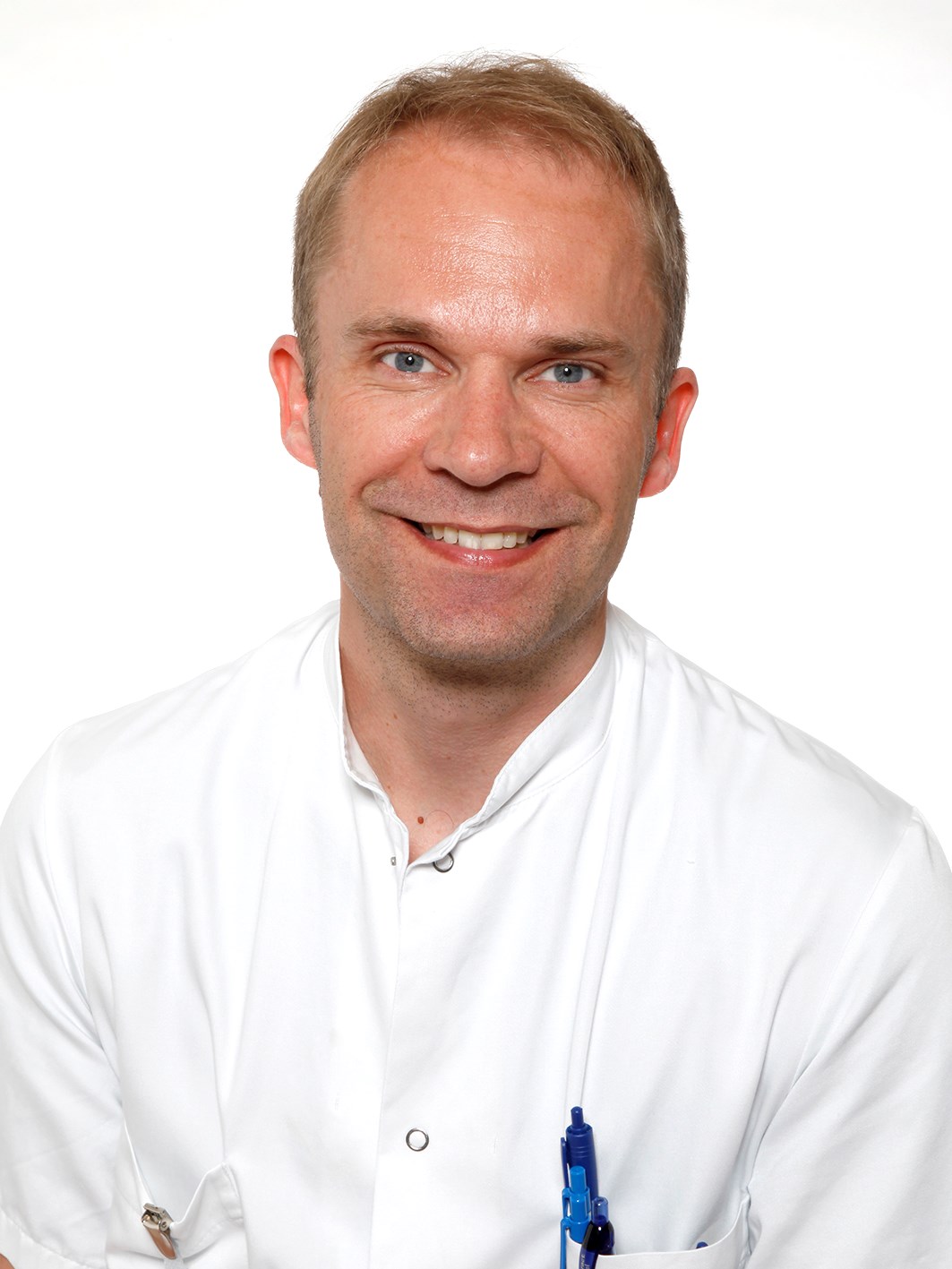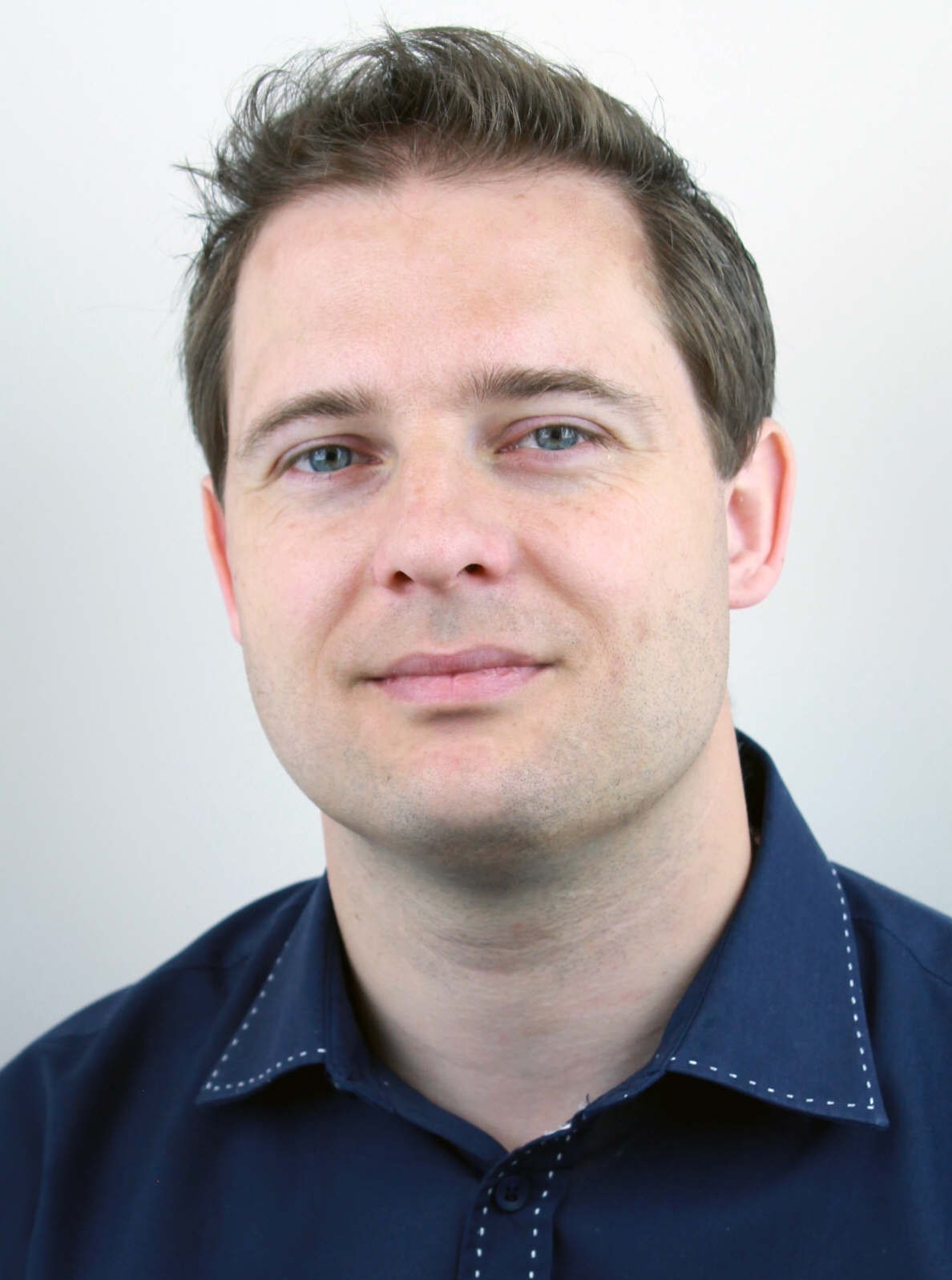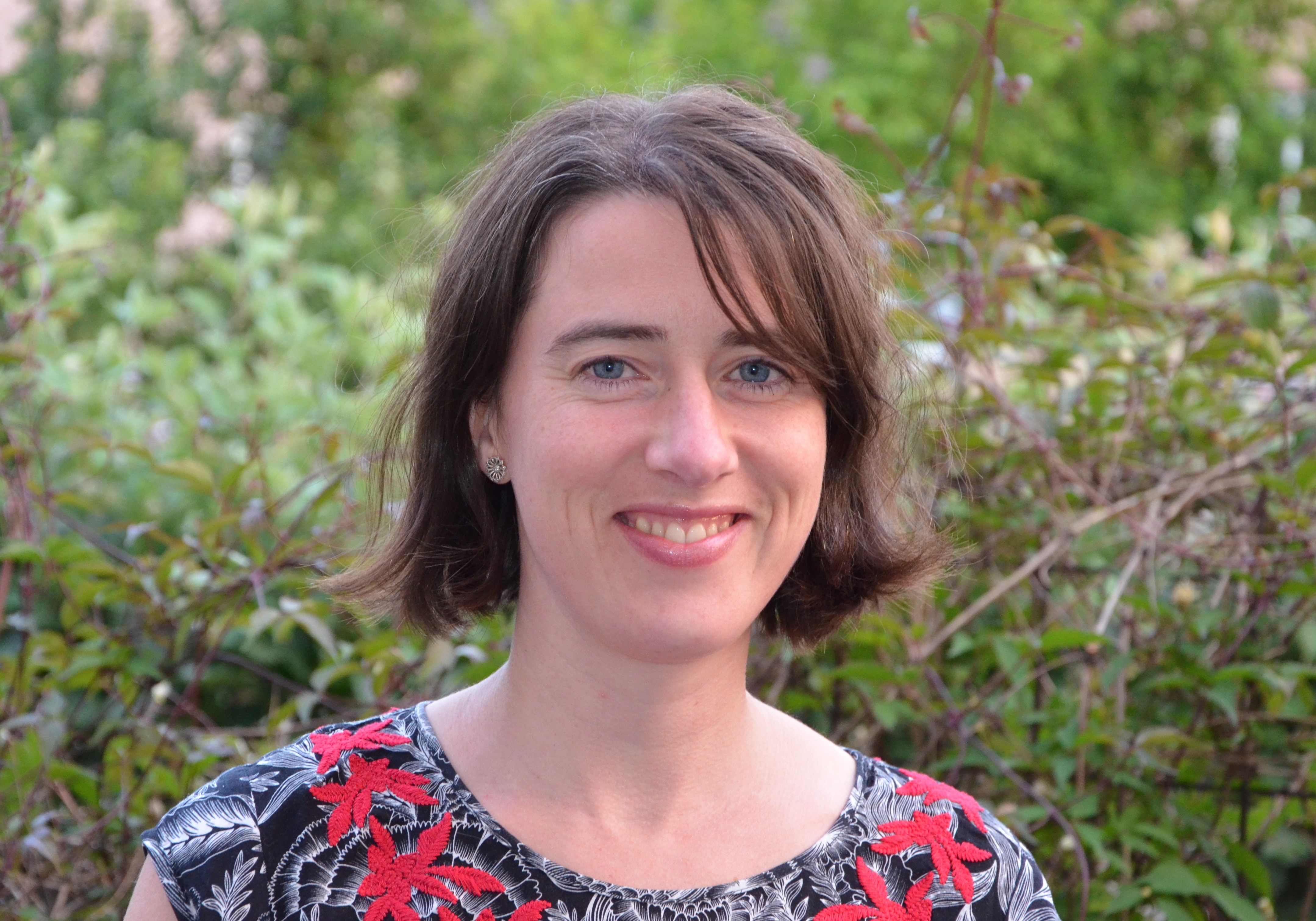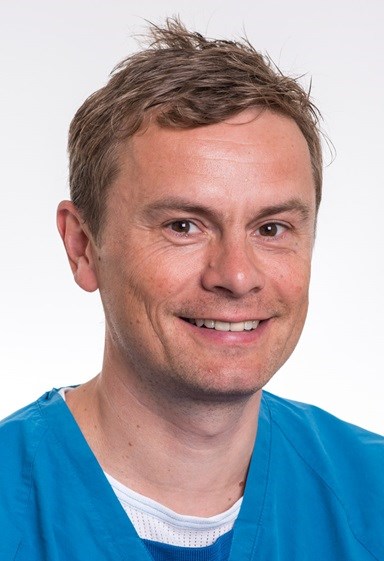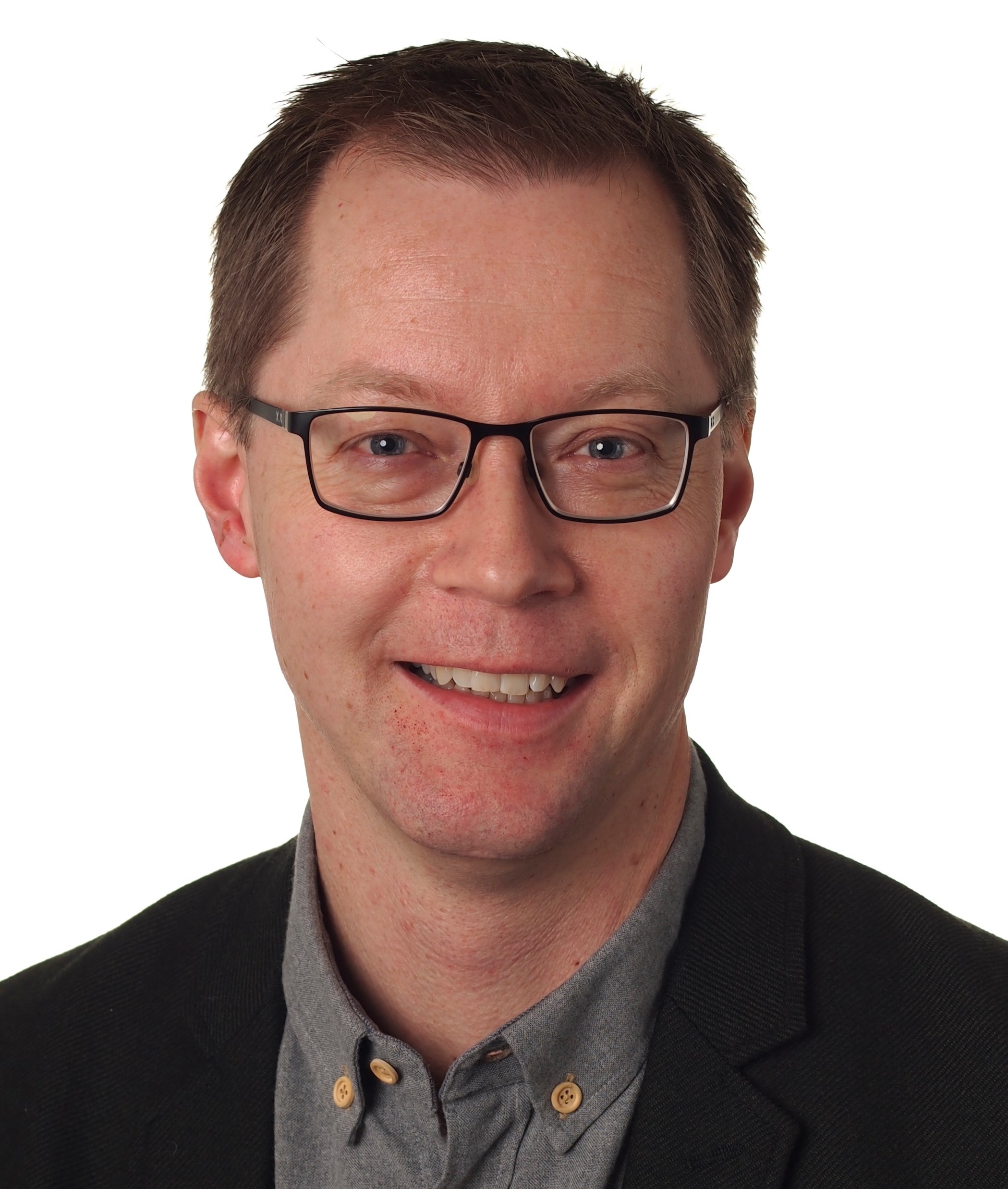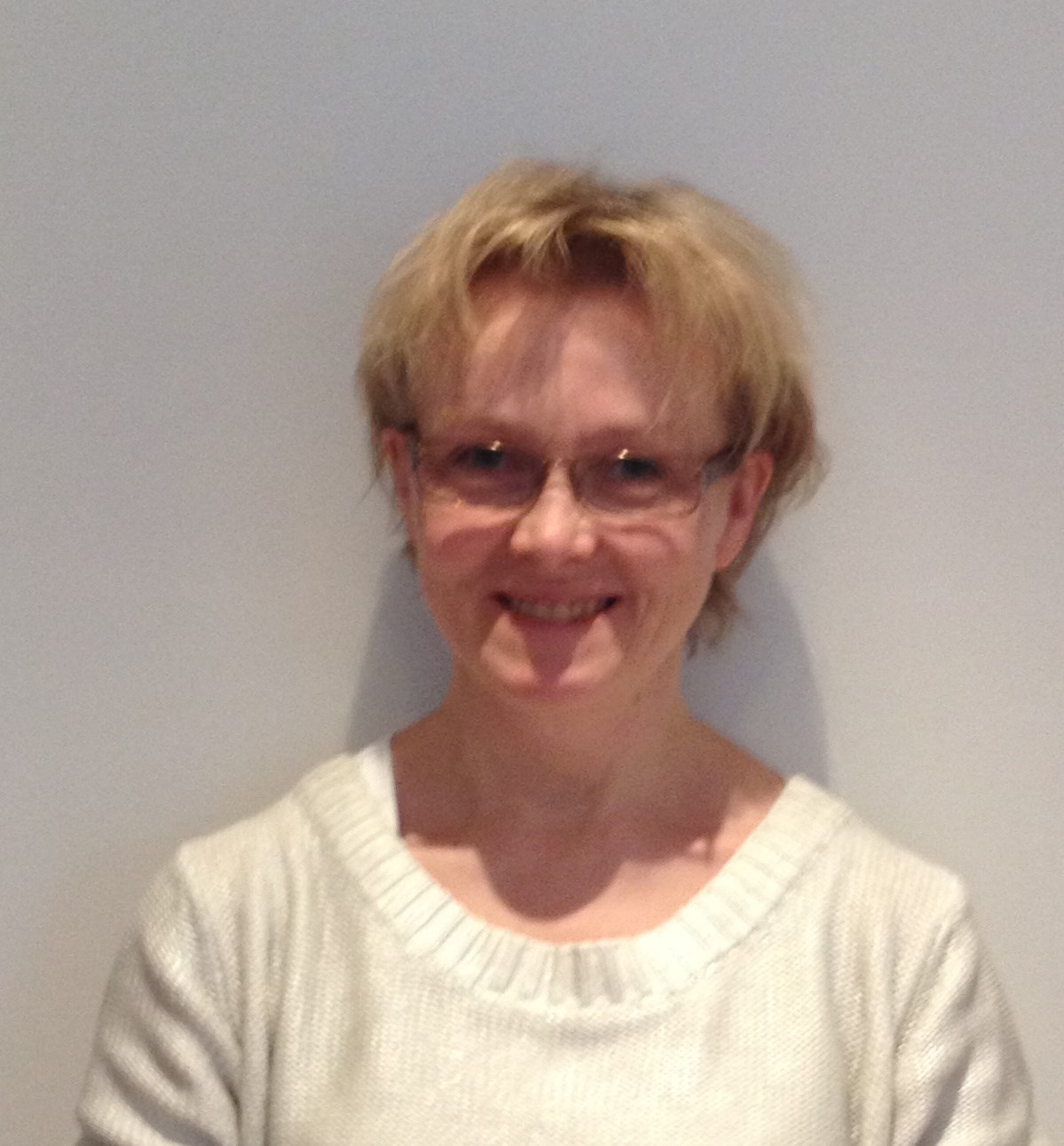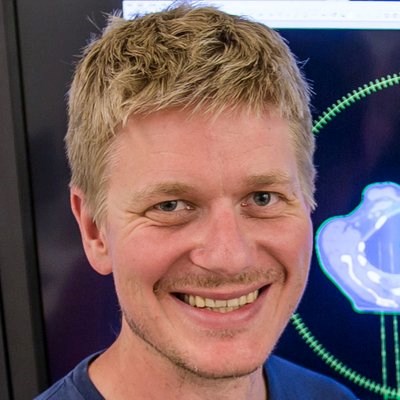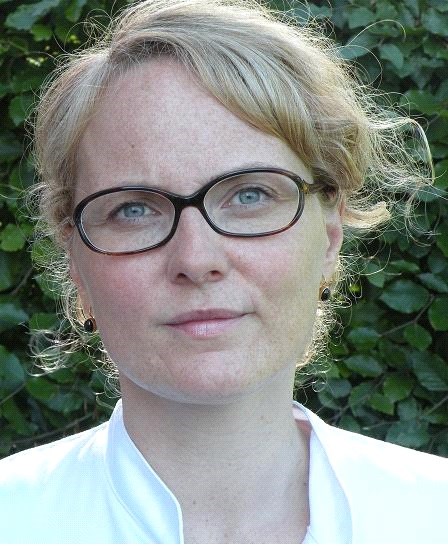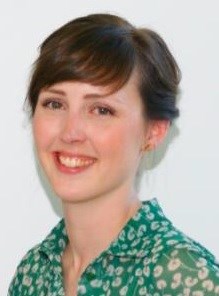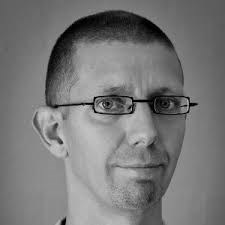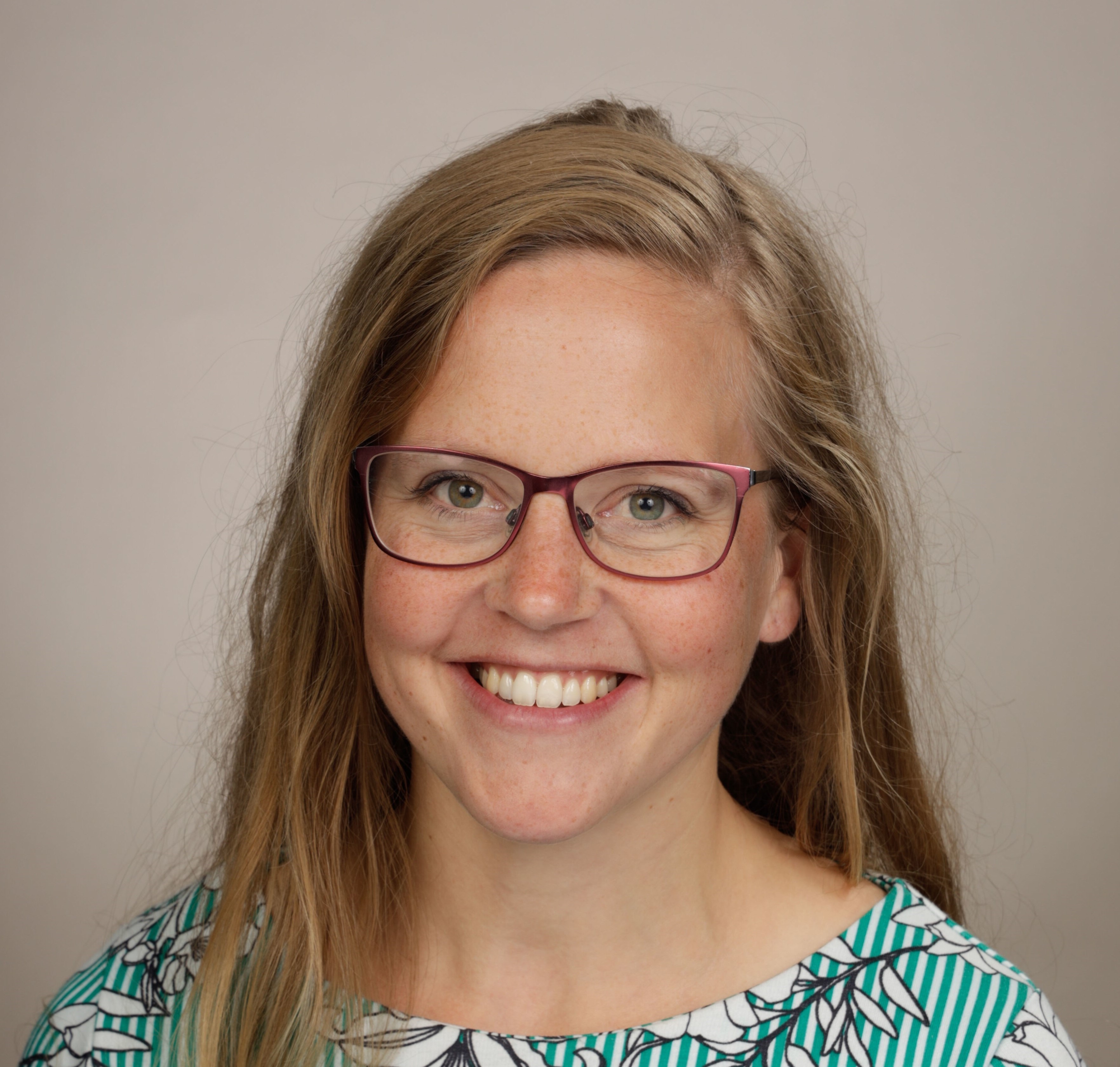Palliative radiotherapy
The overall aim of WP9 is to generate more evidence-based knowledge regarding palliative radiotherapy and improve decision-making processes and treatment options. Within a national Danish collaboration we aim to identify knowledge gaps for exploration in pragmatic prospective evidence-generating trials and ensure equal access to individualized high quality palliative radiotherapy.
Introduction and aim
Palliative radiotherapy is an important part of palliative care and approximately half of all patients with metastatic cancer receive palliative radiation therapy at least once during their disease course. Moreover, about half of all patients referred for radiotherapy are treated with a palliative intend.
Despite the huge number of patients who receives palliative radiotherapy, scientific evidence is generally poor. Most treatment regimens are based on tradition and the optimal dose-fractionation needs exploration in many palliative settings. Little is known about the outcomes of palliative radiotherapy about efficacy, toxicity, patient's quality of life and overall impact on health economics.
In Denmark, the radiotherapy capacity is high and principally there is equal access to palliative radiotherapy. However, we do not know if all patients who may benefit are referred. On the other side, retrospective studies suggest that a significant proportion of patients are overtreated with palliative radiotherapy. This calls for better selection criteria for palliative radiotherapy, optimally based on prospective clinical trials.
Due to the fragile patient population with a limited life expectancy it is difficult to conduct palliative radiotherapy trials. Retrieval of follow-up data including patient reported outcome is complicated as patients may be debilitated and only have limited resources for participation in extensive clinical studies.
The sparse knowledge is reflected in the lack of evidence-based guidelines for palliative radiotherapy and only warrants more research within the field.
WP9-palliative radiotherapy was established in 2023 as an interdisciplinary national Danish network with the participation of physicians, physicists, nurses, and radiographers. To ensure a strong national collaboration, representatives from all Danish radiotherapy clinics are invited to participate.
Projects
The following studies, covering several aspects of palliative radiotherapy, were suggested during our initial meeting:
- National benchmarking/pattern-of-care studies with evaluation of dose-fractionation, applied techniques and register-based clinical outcome data.
- Prospective randomized study of early irradiation of bone metastases to prevent bone-related events.
- Prospective randomized study of whole brain irradiation versus SRS for multiple brain metastases.
- Prospective clinical study of spatial fractionated radiotherapy (SFRT) for bulgy tumors.
- Evaluation and implementation studies of accelerated palliative radiotherapy – same day treatment.
We aim to establish working groups that will continue working on the projects ultimately leading to initiation of national evidence-creating pragmatic studies.
The overall aim of WP9 is to generate more evidence-based knowledge regarding palliative radiotherapy and improve decision-making processes and treatment options. Within a national Danish collaboration we aim to identify knowledge gaps for exploration in pragmatic prospective evidence-generating trials and ensure equal access to individualized high quality palliative radiotherapy.
Initiatives
Webinars
Overview of local palliative RT practice and ongoing palliative RT trials in Denmark
Workshops
One-day workshop fall 2024 focusing on 1) Identification and discussion of knowledge gaps warranting further investigation in clinical studies. 2) Discuss and establish consensus on an optimal trial design for national palliative RT trials including relevant endpoints.
WP leaders
Gitte Persson (Herlev)
Lars Fokdal (Vejle)
Junior WP leaders
Anna Mann Nielsen (Herlev)
Ellen Lund Schaldemose (Vejle)
WP secretary
Anna Mann Nielsen (Herlev)
E-mail: anna.mann.nielsen@regionh.dk
Key people
Region Nord
Jimmi Søndergaard (Aalborg), Laurids Østergaard Poulsen (Aalborg), Christine Hvolby Amanoal (Aalborg)
Region Midt
Marianne Knap (AUH), Jesper Eriksen (AUH), Ditte Møller (AUH), Lone Hofmann (AUH)
Region Syd
Ruta Zukauskaite (OUH), Charlotte Kristiansen (Vejle), Henrik Dahl Nissen (Vejle), Martin Berg (Vejle)
Region Hovedstaden
Morten Suppli (RH), Mette Pøhl (RH), Filippa Sundbye (HGH), Ivan Vogelius (RH), Katrin Håkansson (RH), Julie Kjems (YL), Daniella Østergaard (YL)
-
Jimmi Søndergaard
Overlæge, PhD
Aalborg University Hospital![]()
-
Henrik Dahl Nissen
Medicinsk fysiker, PhD
Sygehus Lillebælt, Vejle Sygehus![]()
-
Katrin Håkansson
MSc, PhD
Rigshospitalet, Copenhagen![]()
-
Lars Ulrik Fokdal
Overlæge, Ph.d.
Sygehus Lillebælt, Vejle Sygehus![]()
-
Jesper Grau Eriksen
Professor, overlæge, PhD
Aarhus University Hospital![]()
-
Lone Hoffmann
PhD, clinical associate professor
Aarhus University Hospital![]()
-
Marianne Knap
Overlæge
Aarhus University Hospital![]()
-
Ivan R. Vogelius
Head of Medical Physics, Professor
Rigshospitalet, Copenhagen![]()
-
Gitte Persson
MD, Professor
Herlev Hospital![]()
-
Ditte Sloth Møller
Head of Medical Physics, PhD
Aarhus University Hospital![]()
-
Julie Kjems
MD, PhD
Rigshospitalet, Copenhagen![]()
-
Daniella Østergaard
MD, PhD student
Rigshospitalet, Copenhagen![]()
-
Martin Berg
Head of clinical Medical Physics
Sygehus Lillebælt, Vejle Sygehus![]()
-
Ellen Lund Schaldemose
MD, PhD
Sygehus Lillebælt, Vejle Sygehus![]()
-
Anna Mann Nielsen
MD, PhD
Herlev Hospital
